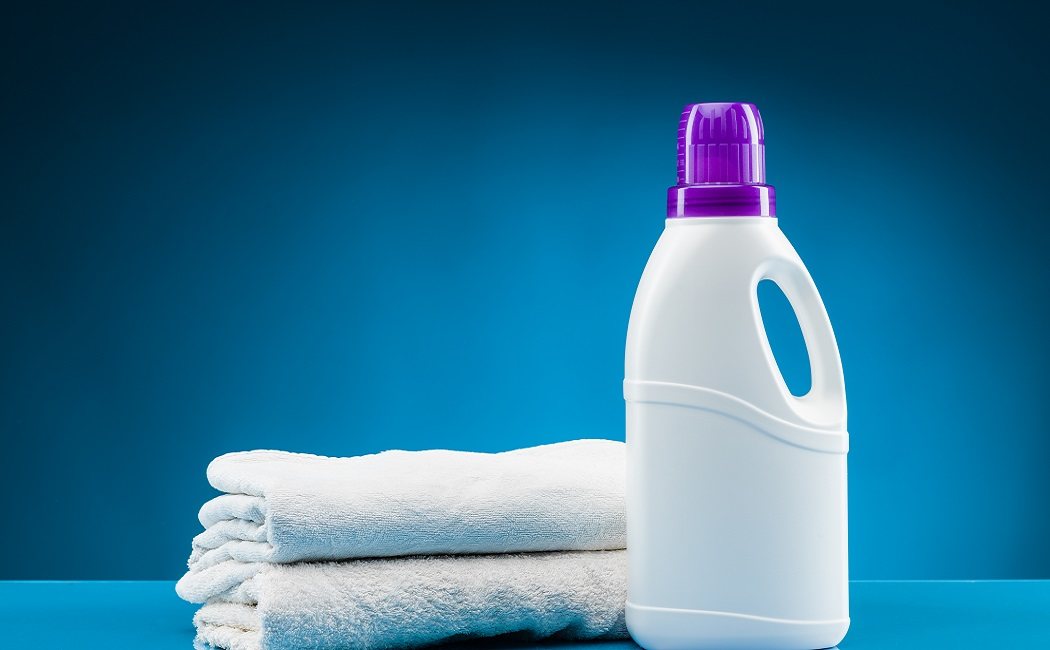Is it possible that suddenly When you use detergent, you notice strange symptoms. Could it be an allergy? We tell you!
Cleaning is normal in every home. And for this reason, detergent is used. Detergent helps preserve clothes and other parts. Keep the house clean. Sometimes when using detergent you may have an allergic reaction but do not know it. Just thought maybe the detergent was too harsh for the skin. It is necessary to know whether you are really allergic to detergent or not. You can take measures to avoid the unpleasant symptoms of allergies.
allergic to detergent
Detergent allergies usually occur immediately after a period of exposure to harsh substances. like at work However, people can use some products for years without problems before developing allergic reactions.
Symptoms can result from direct skin contact with laundry detergent or from soap residue on clothing or bedding. This makes diagnosis more difficult. People can have allergic reactions to many ingredients in cleaning products. Adverse reactions are usually caused by contact. With perfumes, abrasives, bleach and other detergent ingredients.
Itching, burning, or stinging
Itchy patches of skin, especially when clothing touches you It may be a sign of atopic dermatitis. by contact with detergent When the body mistakes laundry detergent ingredients for harmful bacteria The body begins an inflammatory response by sending the chemical histamine into the bloodstream. The result is that it stings only on areas of your skin. You will want to make sure that touching the soap instead of rubbing the tissue. Causes itching in order to make a correct diagnosis.
Detergents can contain dozens of ingredients. Many of these trigger allergic reactions in some people. According to the American Academy of Dermatology, perfumes, dyes, and preservatives cause the most reactions. Other potentially allergenic ingredients include ammonia, petroleum distillates, polymers and synthetic surfactants. Some people may also experience a burning sensation or allergic reaction..
Inflammation
Itchy areas of skin may begin to swell. Warmth, redness, and a rash appear. When inflammation expands Allergy symptoms may occur in other exposed areas. It can be difficult for patients to determine when they have been exposed to an allergen. This is because laundry detergent may remain on the clothes. And clothes can be stored in the closet for a long time.
Some ingredients, such as photo-brighteners It causes allergic reactions only when it comes in contact with skin that is later exposed to sunlight. This can trigger more severe rash symptoms, such as hives or painful blisters. Fluid-filled blisters Eventually they will flow out. Sometimes it causes the skin to break and form flakes.
 Liquid or diluted detergent may splash or flow from hands to eyes.
Liquid or diluted detergent may splash or flow from hands to eyes.allergic conjunctivitis
conjunctivitisItching and itching also affect people with allergies who are sensitive to detergent ingredients. Using laundry detergent causes symptoms on the skin of the hands. while contact with the eyes causes allergic conjunctivitis or eye allergy symptoms.
Liquid or diluted detergent can splash or flow from hands to eyes. Sensitive patients may experience allergic reactions. in the eyes or face This is due to the contact of soap scum with fabric or pillowcases. Irritation of the mucous membranes of the eyes increases fluid production. This results in additional symptoms of conjunctivitis from tearing of the skin from frequent tearing. If you are exposed to detergent unnecessarily You realize you have an allergic reaction. See your doctor to give you the best solution for your specific case.

